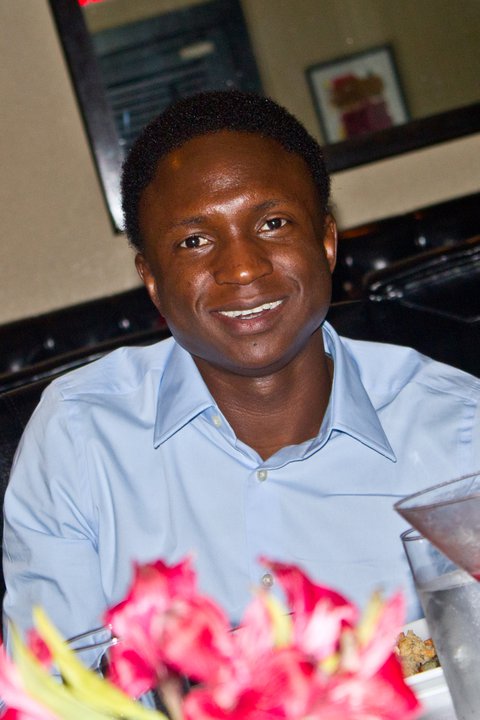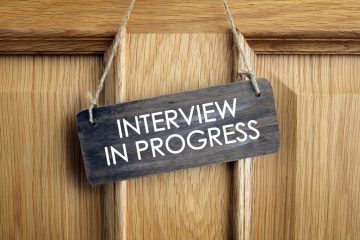FEMI TAIWO ON MONDAY: Taking Achebe’s Challenge (ii)
Michael Oluwafemi Taiwo, PhD
Last week we ended by talking about self-examination. Self-examination as a leadership tool will lead you to see gaps in your knowledge. This is where studying books comes in. Readers are leaders. Read widely, read deeply, read wisely. I cannot do justice to the role books have played in my life in the space of this article.
I was born poor, I was raised with very little and there was not much in my physical and social environment to inspire me. But fortunately, there was a public library where I could go to read books for free. Within the covers of those books, I could go anywhere. I learnt about lands that were foreign to my own world. I knew about world history, the great ancients, philosophy, religion, the sciences and arts just by sitting down in the only local library in town.
In those pages, I could be a judge, deciding whether or not Socrates should be sentenced; I could be an alchemist looking for the Holy Grail for turning any metal into gold; I could be a military strategist, analyzing which camp Napoleon Bonaparte should strike first.
I had complete freedom to be anywhere in time, to be at anyplace in the world and to be anyone of note. This broadened my view of the world, it made me see that the world is bigger than my backyard and it also made me know, at a very early age, that I can influence this system of things in a profound way.
The world is in desperate need of ethical leadership and my point here is that to be one, you need to read good books because that is the best way to meet with great minds that have walked this Earth before. Reading certainly is one way to be a good leader; another way is finding leaders and letting them be your mentor. The books you read and the people you meet shape your perspectives.
In the preceding paragraph, I discussed how books aid in self-examination which kicks off a virtuous circle that, per Confucius, leads to happy societies. In a sense, we are all apprentices in one leadership quality or the other and we need to learn from a master. The role of mentors in one’s leadership development is vital. This is because great leaders make you believe that you too can become great. They support, exhort, cheer, reprimand, teach and guide as appropriate, all in a bid to ensure that their protégés turn out to be at least as great as they are or even better.
I challenge you to look for leaders around you and go meet them to start a mentor-mentee relationship. Ask them if they are willing to spend some time with you on a regular basis (e.g., one hour a month or 30mins a week), to coach you on whatever developmental areas you perceive that you have. (This should ideally be something you discovered about yourself after a candid self-examination.)
What I have noticed is that people are willing to share with you the secrets of their success. True leaders are always eager to reproduce themselves in many others. Look for someone that inspires you and approach them for help in an area in which you see them excel. I have found it beneficial in my leadership journey to have many mentors.
The first advantage of having many “fathers and mothers” is that I don’t need to demand a great time commitment from any one person. The second is that it helps me garner different viewpoints about an issue and this makes me more balanced in my own views. Another pro to having many guides is that at any one point, someone is always coaching me. I have also leveraged technology by having e-mentors. These are people that I don’t normally see face to face but they still mentor me through (video) phone calls and emails.
Rising to Achebe’s leadership challenge means taking responsibility for our lives to become better leaders. In my experience, the two main legs on which leaders stand on are great books and great mentors. Find plenty of good books to study—it will enrich you. Find role models to develop you—it may be the single most important thing you’ll do. Hitch your wagon to a star. As you begin this process, when you have reached a little further down the road, look back and draw others along with you. Giving back and teaching others will reinforce your own leadership skills while increasing the number of leaders around.
I believe that the world’s problem can be solved with focused and fair leadership, and that is why we need to be a leader and encourage others to become one as well.
Concluded.
Established in March 2013, JarusHub is a Nigerian information hub with focus on career and management. It is rated Nigeria's most authoritative destination for online career resources. It parades an array of Nigerian professionals who share their career experiences with a view to bridging career information gap and mentoring a generation to success. Whether you're a student, a recent graduate or an established professional, or even an executive, you will always find something to learn on JarusHub. All enquiries to jarushub@gmail.com or 0808 540 4500. Facebook: www.facebook.com/jarushub; Twitter: @jarushub or @mcjarus.
Rage, Sadness, Gratitude and Hope: An Interview to Remember
November 16, 20203 Ways to Ensure Job Security in a Massive Shakeup
March 19, 2018
2 comments
Let us have your say by leaving a comment belowCancel reply
Recommended For You
-
JACK WELCH: 10 BEHAVIOURS THAT COULD KILL YOUR CAREER
January 3, 2016 -
Taxation for Dummies (ii)
April 22, 2013 -
WHY COMPANIES USE PERSONALITY TESTS IN RECRUITMENT
June 7, 2018







In short, leaders are born and could be made and in most cases from my own observation, they are mostly made. Thanks for throwing more lights on how to be a great leader.
The good thing to note is that we are all born with a modicum of leadership skills that we can develop. But yes, some are born with more than a modicum of it; they possess it in abundance. But even these lucky ones too can use some development.